Since 1951 the state of Oregon has mandated that gas stations be full-service. In 2018, the state amended that law to allow self-service in low-density rural areas, but now Oregon’s benevolent state government is allowing residents to pump their own gasoline with no training, experience, or certification. Shocking!
All gas stations in Oregon can now allow customers to pump their own gas under a new law signed Friday, lifting a ban on self-service in the state dating back to 1951.
The new law, House Bill 2426, signed Friday by Democratic Gov. Tina Kotek went into effect immediately, leaving New Jersey as the only state in the US where service station customers can’t pump their own fuel.
The law does not phase out full service completely in Oregon’s 16 most populous counties. It requires that no more than half of pumps at any service station be self-serve, and that at least one gas station employee in those communities be available at all times to pump gas. Stations cannot charge more for full service.
While Oregon had banned self-service, the state did allow for exceptions in smaller communities and during the Covid-19 pandemic.
The full service requirement has historically been a contentious topic in Oregon and New Jersey, with reasons given for sticking with the old mandate ranging from flammable liquid safety to preserving the jobs of gas station attendants.
“This bill is clear favoritism for big oil companies over the interests of workers,” said Dan Clay, president of UFCW Local 555, the union that represents grocery store workers in Oregon.
The statement from Mr. Clay is the purest of road apples, given the evidence of the other 48 states that allow self-service (New Jersey being the lone holdout now) who somehow manage to still employ people in gasoline stations and convenience stores. Still, he’s doing his job.
You may see the full text of the new Oregon statute here.
It seems the residents of Oregon are in favor of full-service gasoline, and why not, since the government doesn’t allow the usual self-service discount?
…One driver, Steven Brown, told CNN affiliate KATU that he knows how to pump gas himself, but plans to stick with an attendant’s help.
“Not so interested in self-serve because I’m old. I mean, it’s actually a job to get out and pump your own gas,” Brown said.
Other drivers, including those from other states, said they were happy to have the option.
“It being busy and having to wait on the gas station attendants was sometimes really annoying. So, having it as an option is sweet,” California native Erik Atienza told KATU at a service station in Portland.
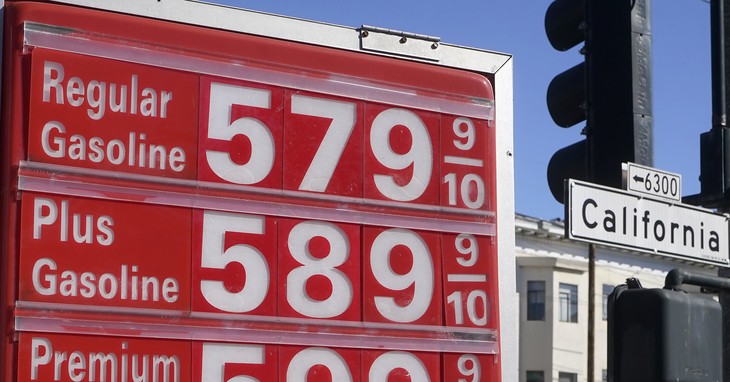
Despite what Oregonians think, this is a good move in the face of rising gasoline prices, which has been an ongoing issue since January of 2021. (Wasn’t there some other key event that happened right around then?) Reducing the cost of services in the many and various gasoline retailers in Oregon will, in time, have the effect of lowering prices.
Portland residents might see that as a negative, but most of the state will like that idea.
There have not been a lot of comments from ordinary Oregonians over this new law yet, but the 2018 relaxing of the law in rural areas provoked some interesting responses.
“I don’t even know HOW to pump gas and I am 62, native Oregonian . . . I say NO THANKS! I don’t like to smell like gasoline!” one woman wrote on KTVL’s Facebook post.
“No! Disabled, seniors, people with young children in the car need help. Not to mention getting out of your car with transients around and not feeling safe. This is a very bad idea. Grrr,” another woman wrote.
“I’ve lived in this state all my life and I REFUSE to pump my own gas . . . This [is] a service only qualified people should perform. I will literally park at the pump and wait until someone pumps my gas.”
By the time the law took effect, Oregon had become a virtual laughingstock among social media users who seemed to have visualized an entire state filled with hapless drivers.
If only that were the only reason Oregon was a laughingstock.
The real question here is why the state feels it obligatory to regulate who pumps gasoline. This should be a matter for the privately run businesses to decide, not the state legislature.
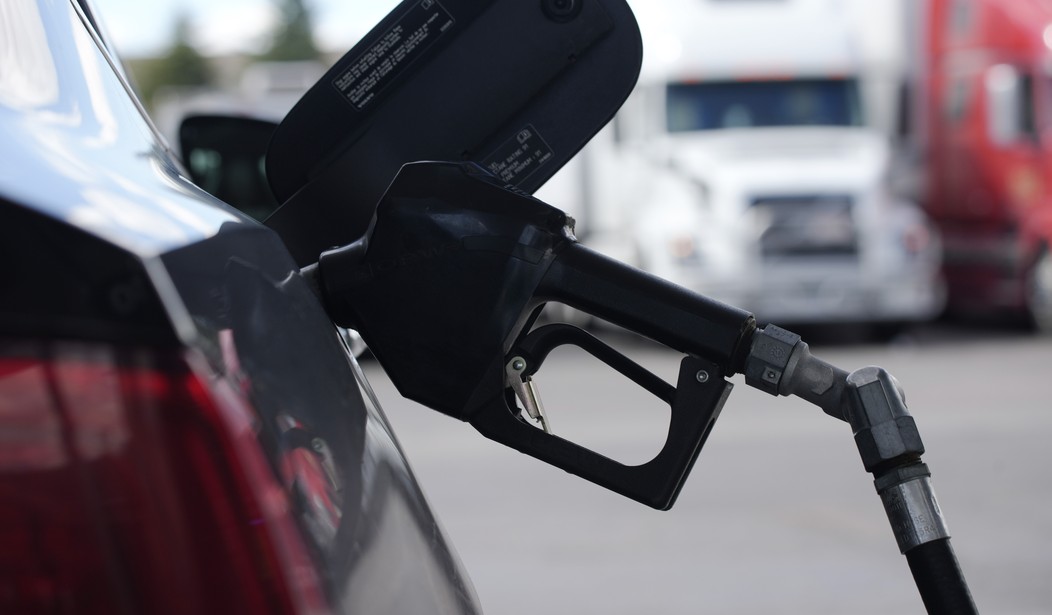




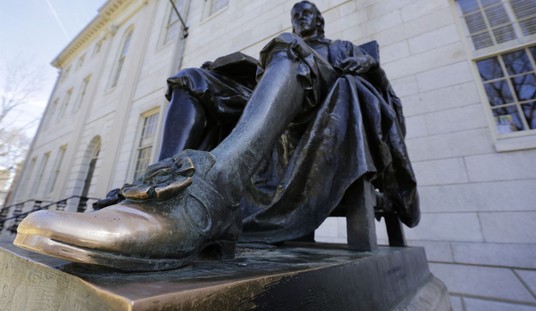


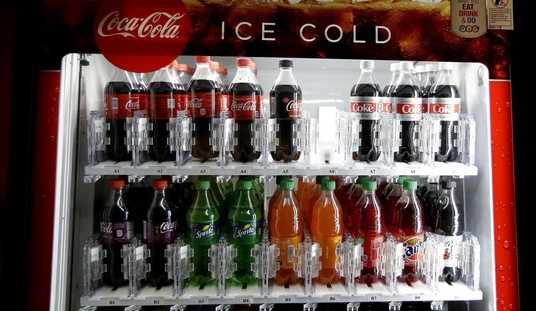
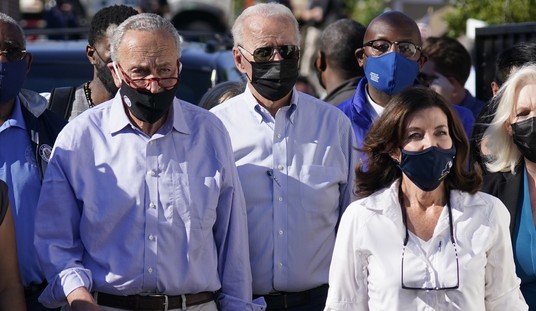


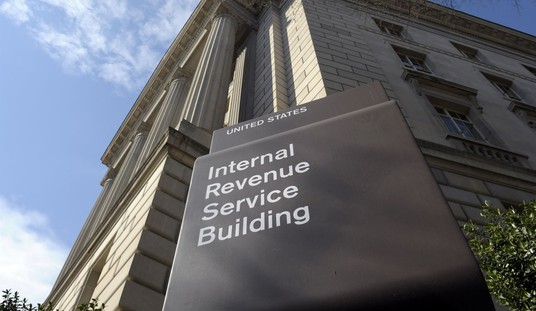

Join the conversation as a VIP Member